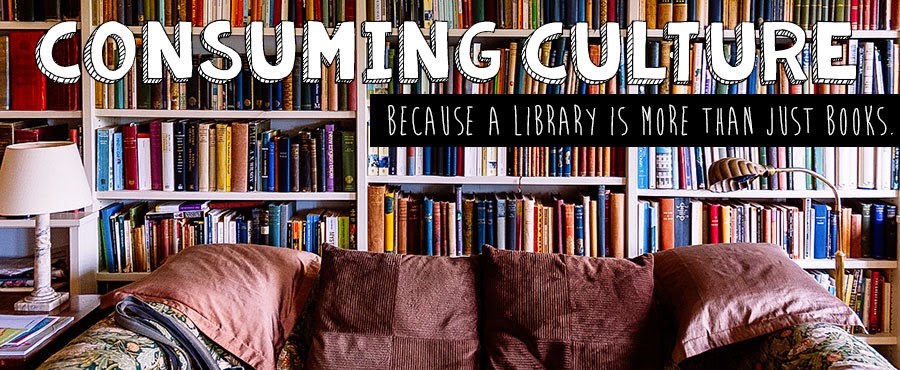But then The Hunger Games moved beyond the book blog community and now everybody loves it. And anytime anything gets that popular, I have to see what's up, on principle. I can't zealously praise it or trash it based on mass opinion, can I? I need to find out for myself. So I decided that now, in 2012, was the time for me to finally read The Hunger Games, and thanks to a friend who owns it, I didn't have to wait in a massively long library queue.
Once I had decided a couple months ago to read it, I purposely avoided all things Hunger Games in the media and on the web. If I was going to read it for the first time, I didn't want any spoilers. I was a little bummed I already knew the movie cast and would therefore probably picture them as reading, but that was a sacrifice I was willing to make. (And now I kind of want to see the movie to see how they put this on film.)
Overall, while I was entertained and engrossed in The Hunger Games, it's still not really my thing. I liked the characters, and the plot was gripping, but I have to say I am still somewhat disturbed by such a twisted premise! I am known (and often ridiculed) for my often simplistic tastes in entertainment. I don't like violence; I don't like situations that show a twisted, dark side of humanity. (The Dark Knight actually gave me nightmares from the whole dual boat bomb scenario.) I like laughter and joy and love, and the darker side of literature and entertainment I enjoy is usually emotional kind, not the violence and death kind! However, I can see why The Hunger Games has such mass appeal without much criticism on the premise. It's got the kind of literary details—mostly the character development—that gets you engrossed in their plight and forget about the reality of what's going on around them. You focus on the story of Katniss and Peeta and almost glance over what their situation really means.
I generally have a hard time glancing over situations like that, which is why dystopian literature isn't really for me, but my opinions can't discredit a book or an entire literary genre. I did enjoy The Hunger Games and am glad I read it so I know what it's all about. But it's just not totally for me, and I'm probably not going to read the rest of the series unless someone just hands me the books!
On a related note, enjoy this humorous video on when "it's not for you."













